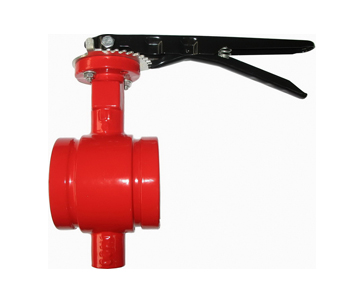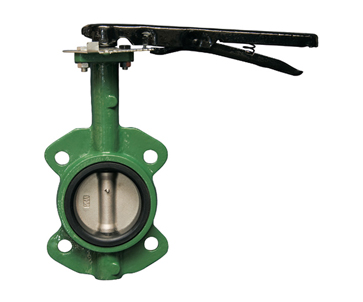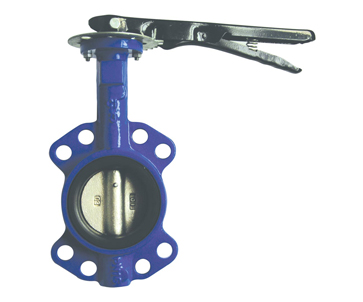Putting the butterfly valve in the middle of the two flanges which fully welded to both ends of the pipe and locking the butterfly valve through the pipe flange with double head bolts, it should always be installed concentrically between flanges, position disk in the closed position during installation to prevent damage of disc sealing edge, Try the disc by moving it from the closed position to open and back to ensure it moves flexibly
 EN
EN





 Call us on:
Call us on:  Email Us:
Email Us:  No.68 Hezuo Road, Shijiazhuang City, Hebei Province, China
No.68 Hezuo Road, Shijiazhuang City, Hebei Province, China 